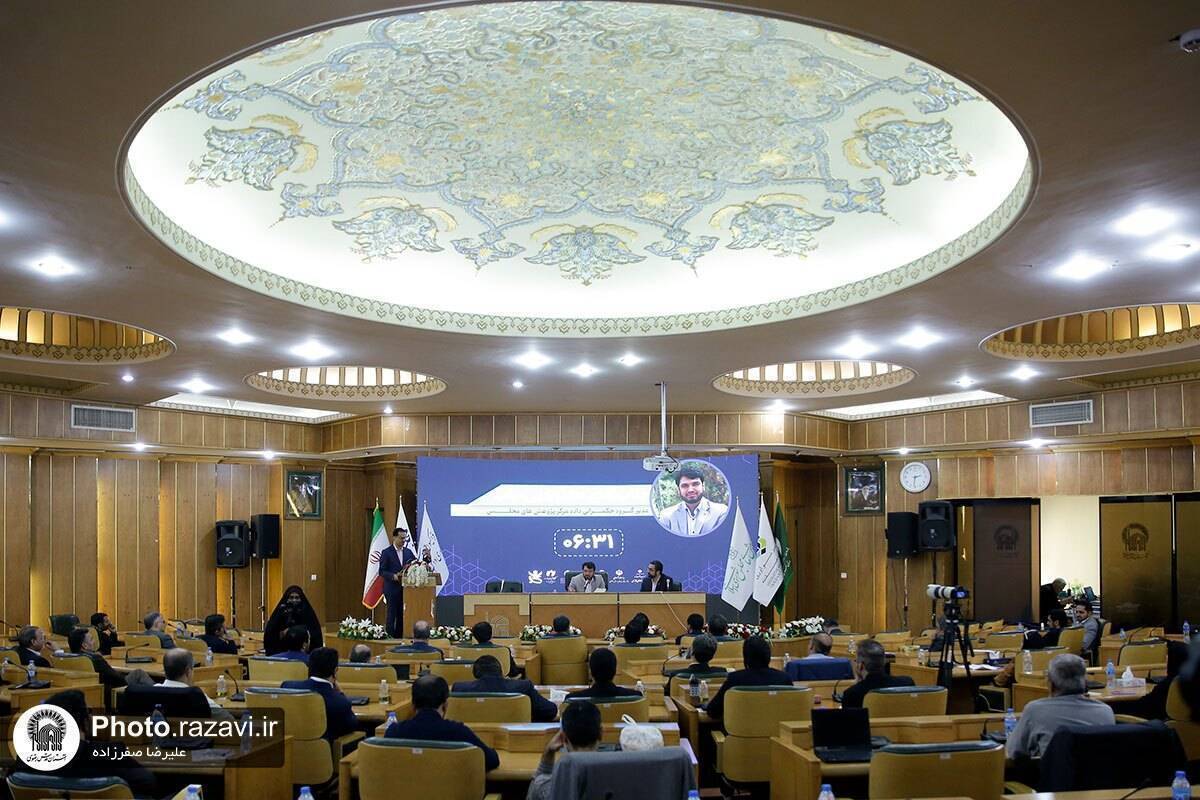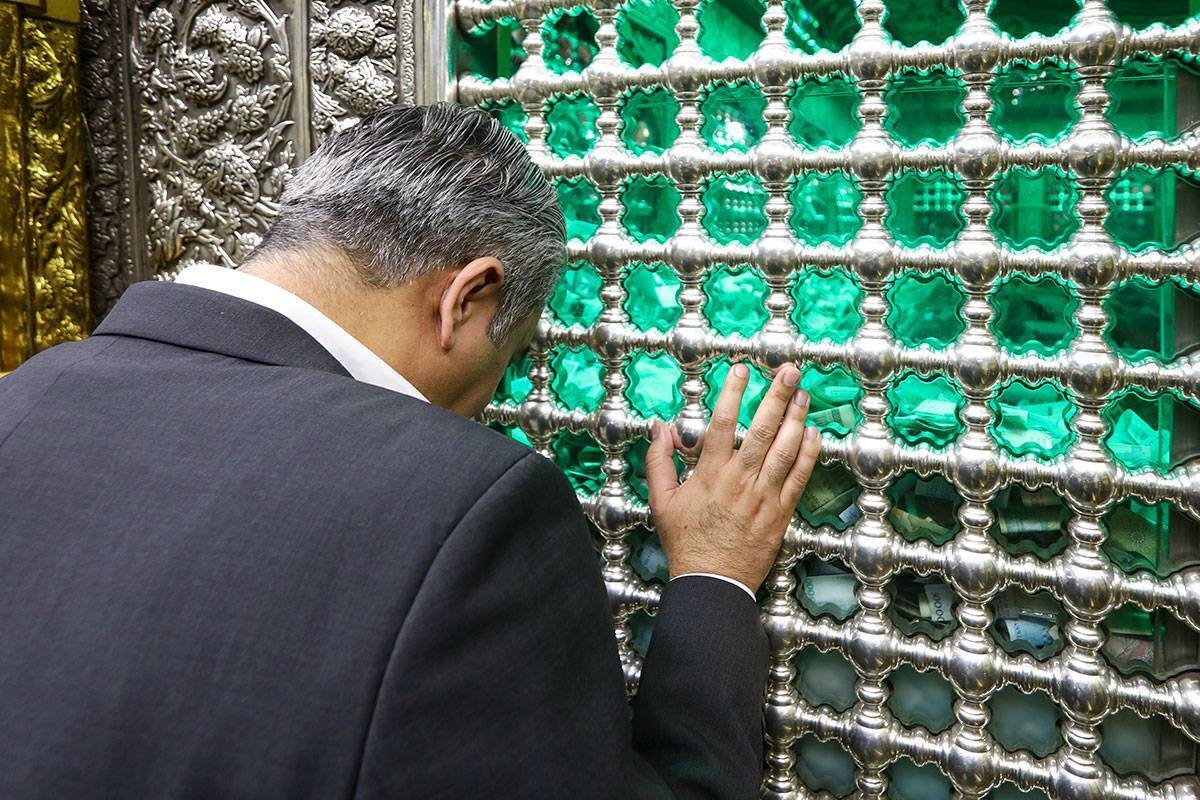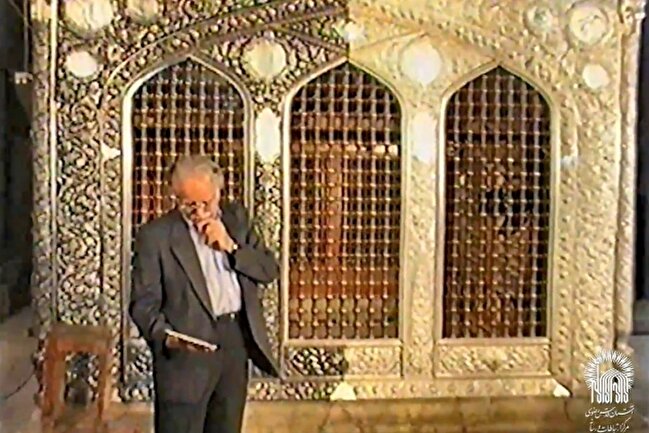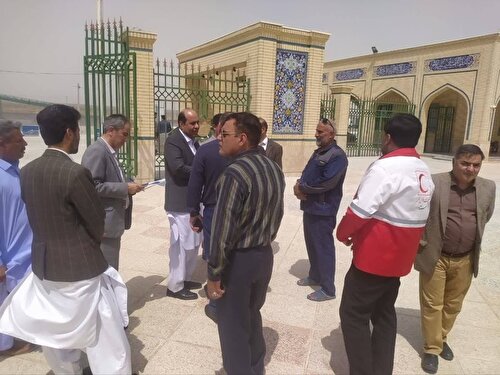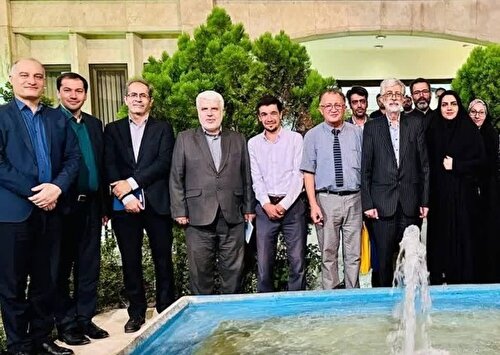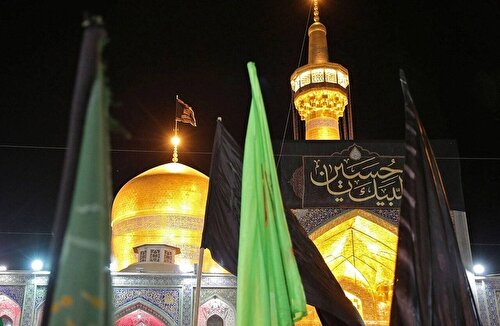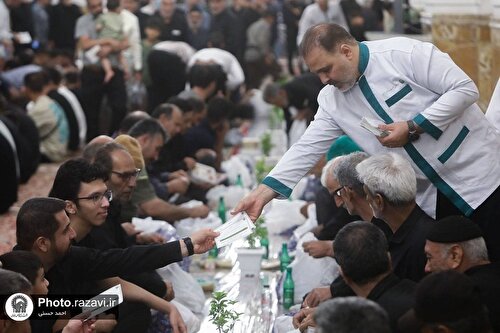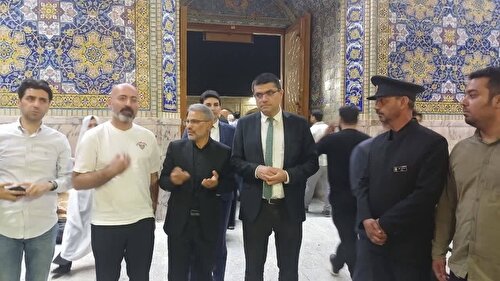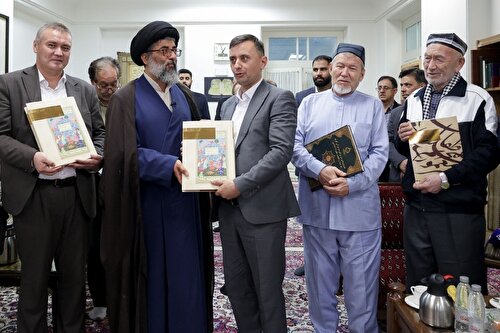Iranian carpet is an effective means of cultural diplomacy: AQR official
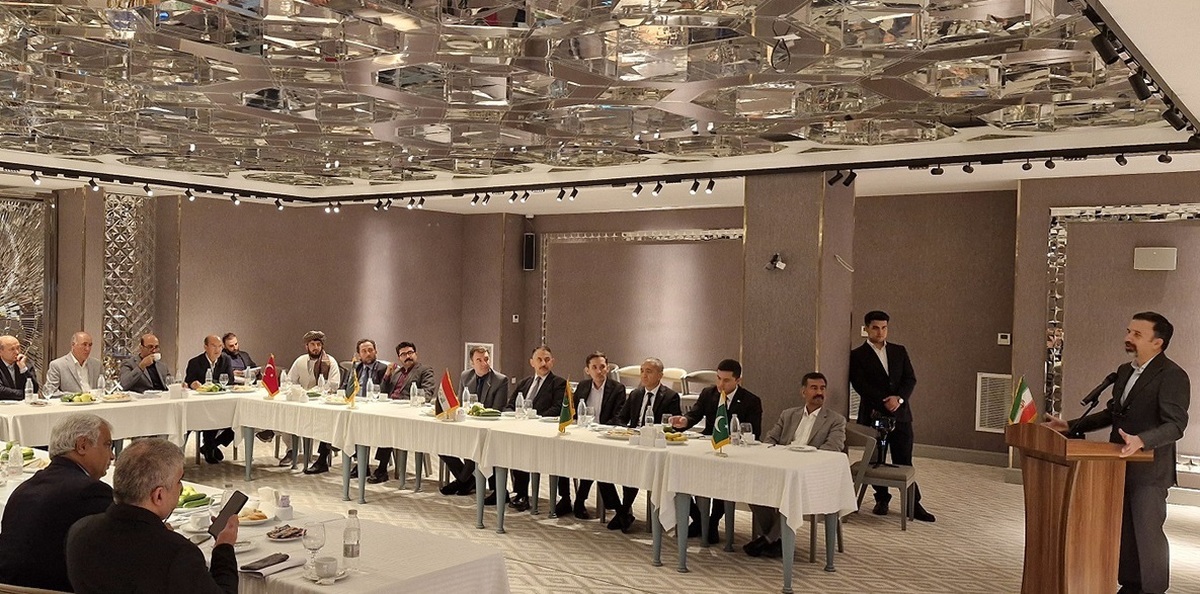
In a meeting called "Khorasan Razavi International Tourism Development” on the occasion of Tourism Week, Karegar spoke about role of carpets in tourism diplomacy and explained its diplomatic functions from ancient times to the present day.
Listing some characteristics such as connection with history, culture, and art, antiquity and long history, geographical distribution, diversity of designs and patterns as well as weaving styles, and also diversity of applications, Karegar said: “Carpets are suitable platforms for storytelling and establishing connections between nations and improving human interactions”.
Citing examples of role of carpets in tourism diplomacy, he stated: “Iranian carpets have a different and unique function that one can introduce them as nation’s second national flag”.
Referring to the ancient Silk Road and trade interactions of countries along this route, CEO of Astan Quds Razavi’s Carpet Company spoke about possibility of cultural and commercial exchanges centered on silk and carpets saying, “Astan Quds Razavi’s Carpet Company is fully ready to cooperate with all neighboring countries in this regard”.
Pointing to some capabilities of Khorasan, especially in weaving large carpets, Karegar noted: “With global registration of carpets from two regions of Mashhad and Kashmar in the WIPO, this company is ready to host tourists interested in hand-woven carpets”.
Speaking in the same meeting, Hojjatollah Ayoubi, senior advisor to the minister of cultural heritage, tourism and handicrafts and head of international affairs center of the ministry, also explained potential capacities of Iran and Khorasan for expanding cooperation with neighboring countries.
Referring to the opportunity created by the event, Seyed Javad Mousavi, director general of cultural heritage, tourism and handicrafts of Khorasan Razavi, said: “Attendance of diplomats from various countries is effective for expanding relations and developing foreign tourism in the province”.
It is worth mentioning that the meeting had representatives of consular offices of Pakistan, Turkey, Turkmenistan, Afghanistan, and Iraq, and some state officials and private sector managers in attendance.
- پیشنهاد سردبیر
- Latest news
